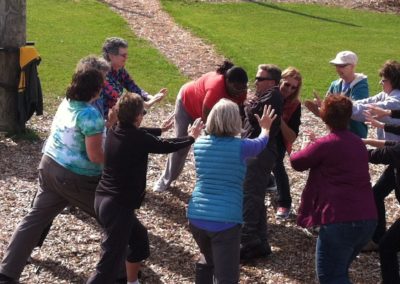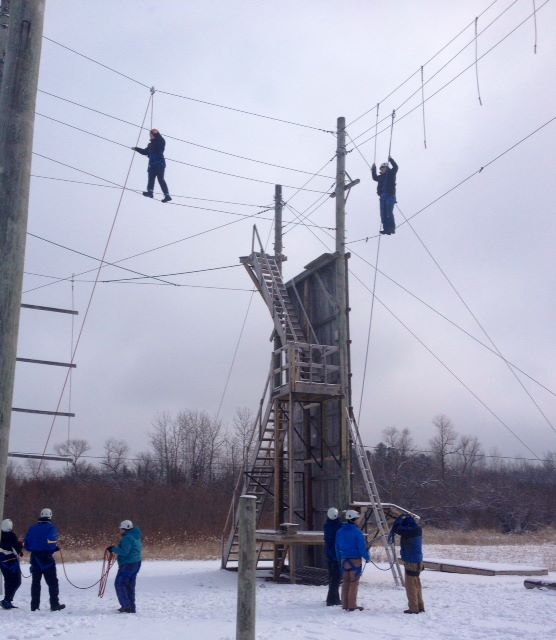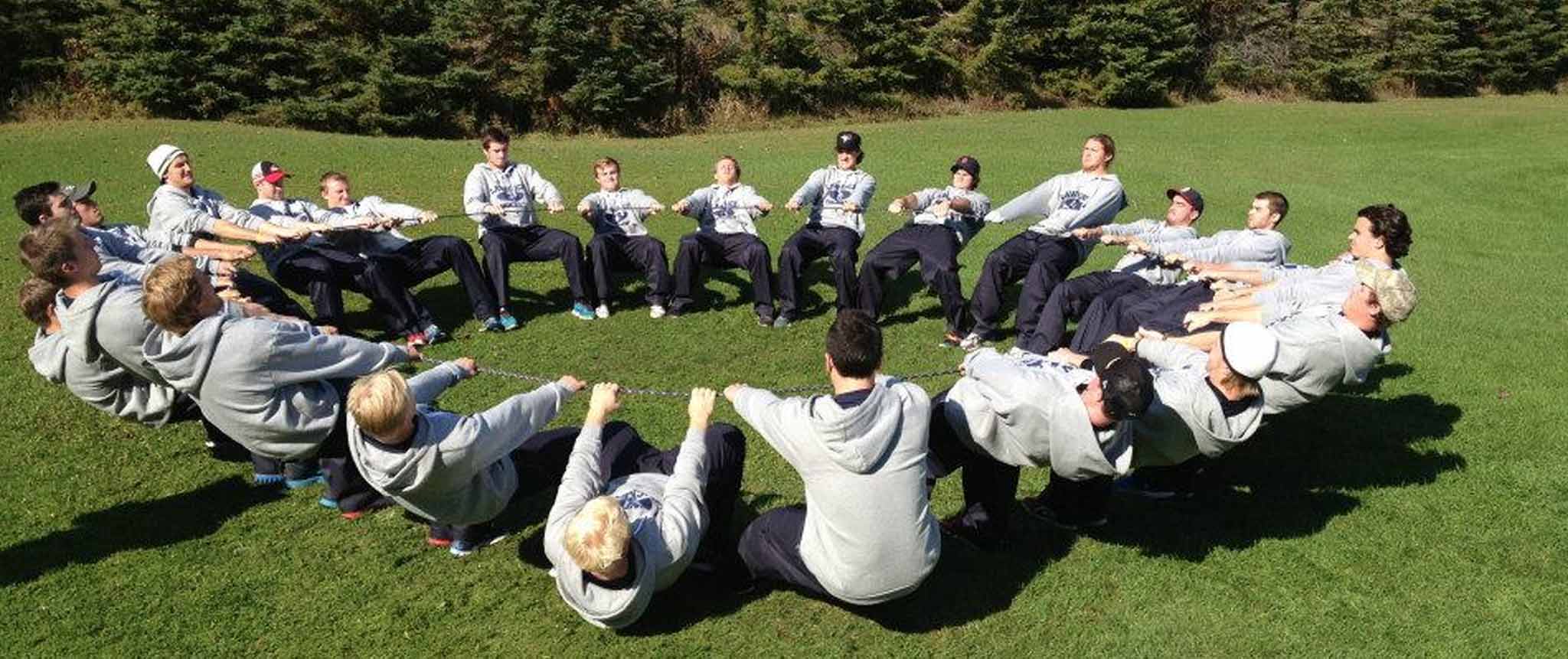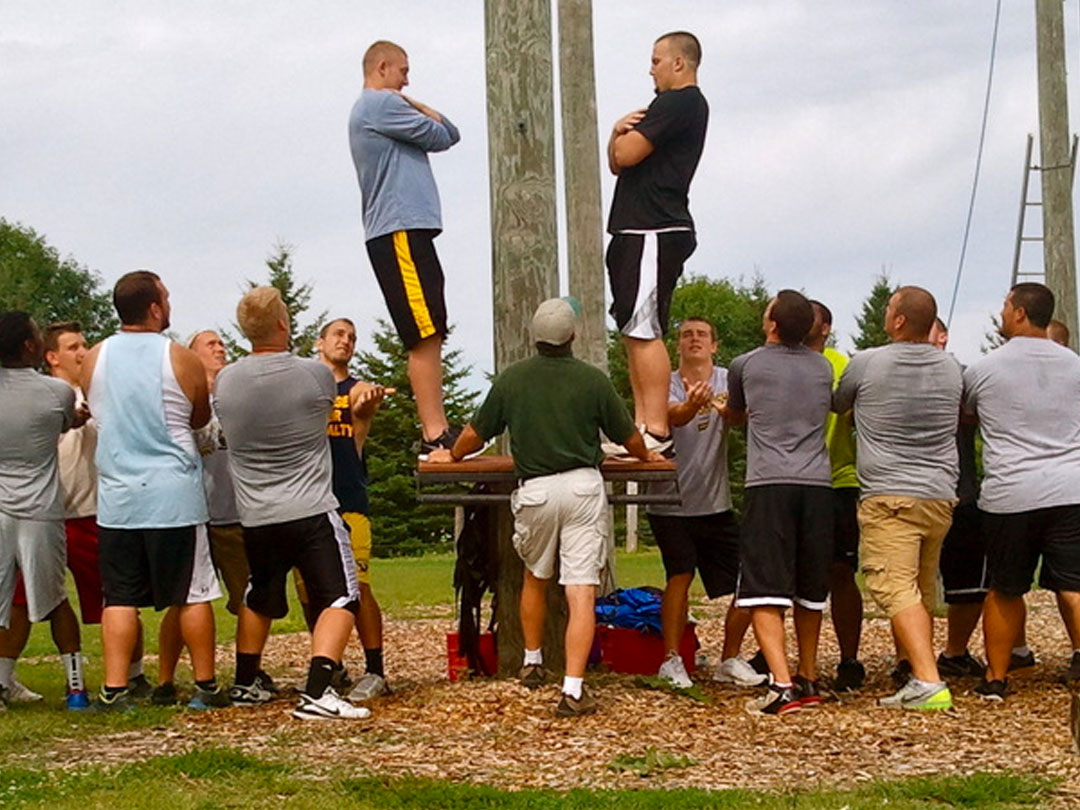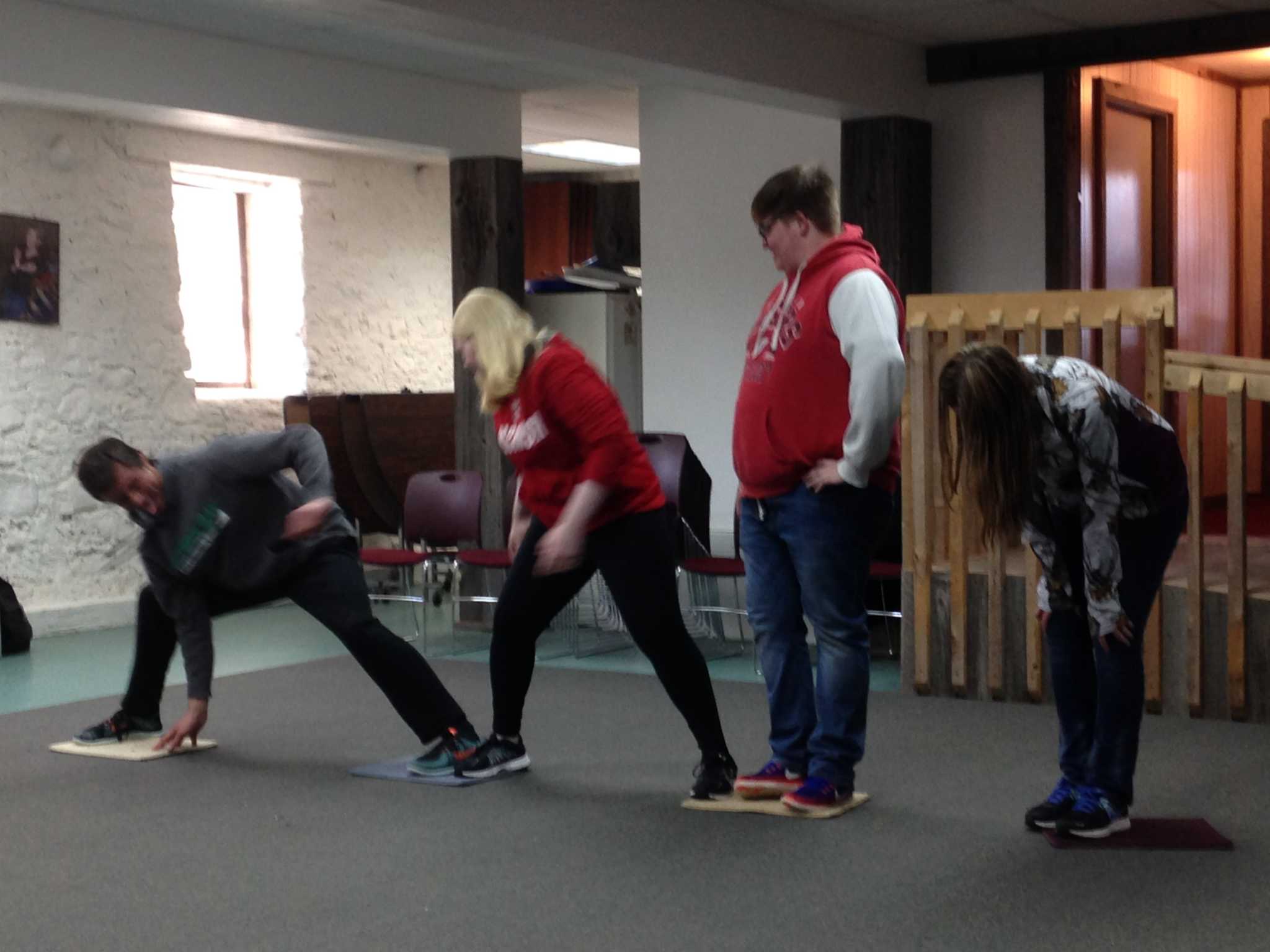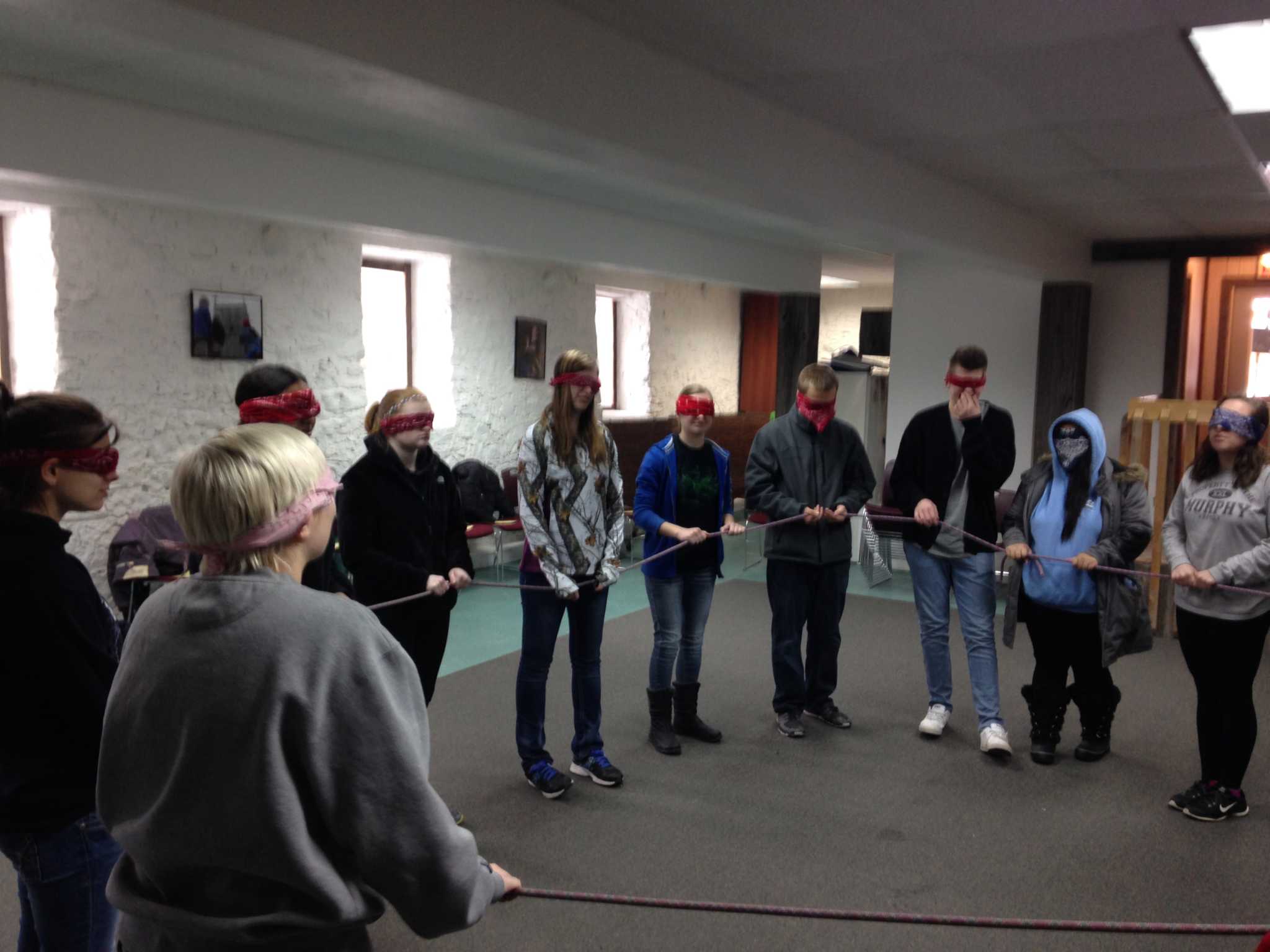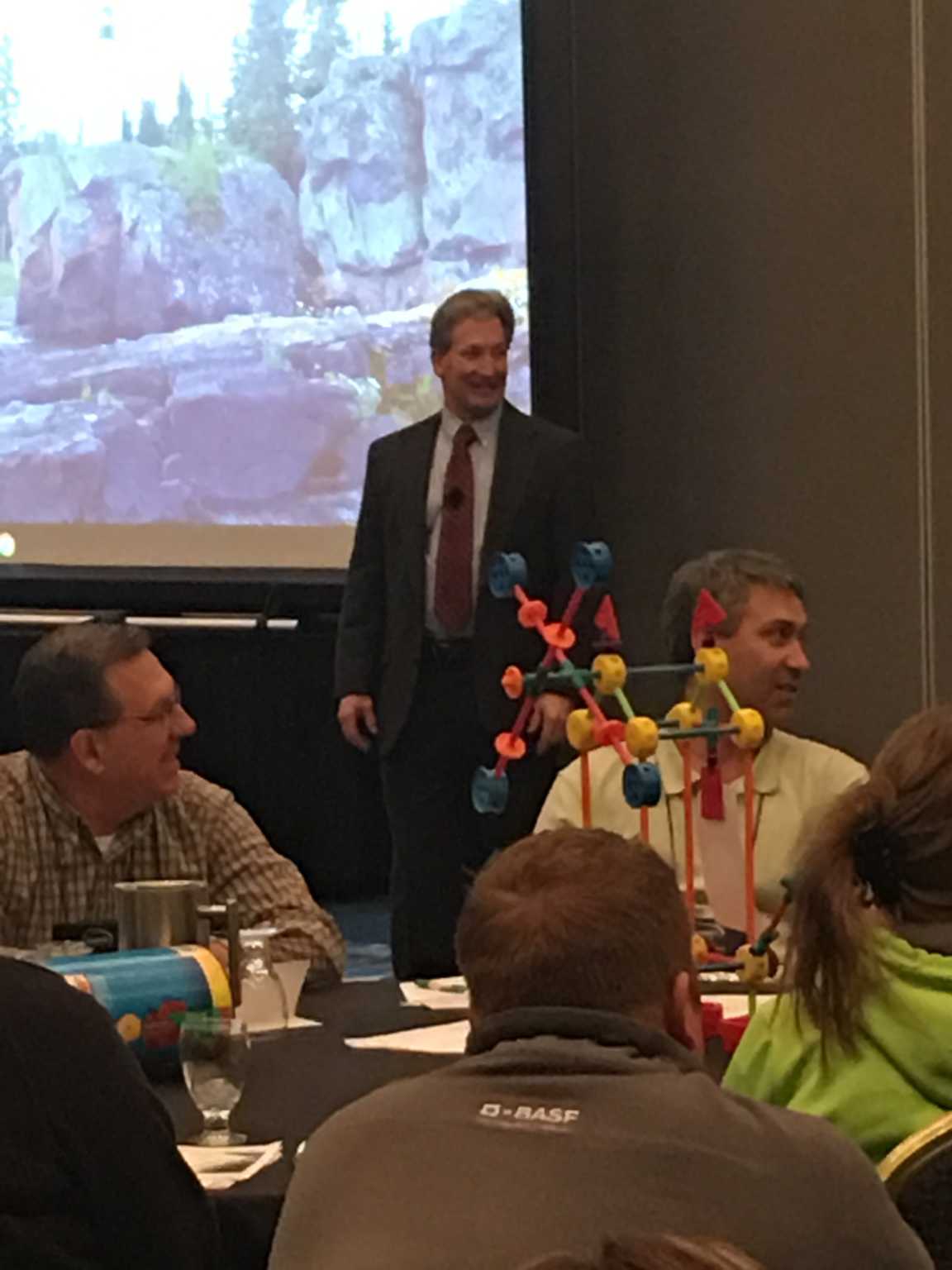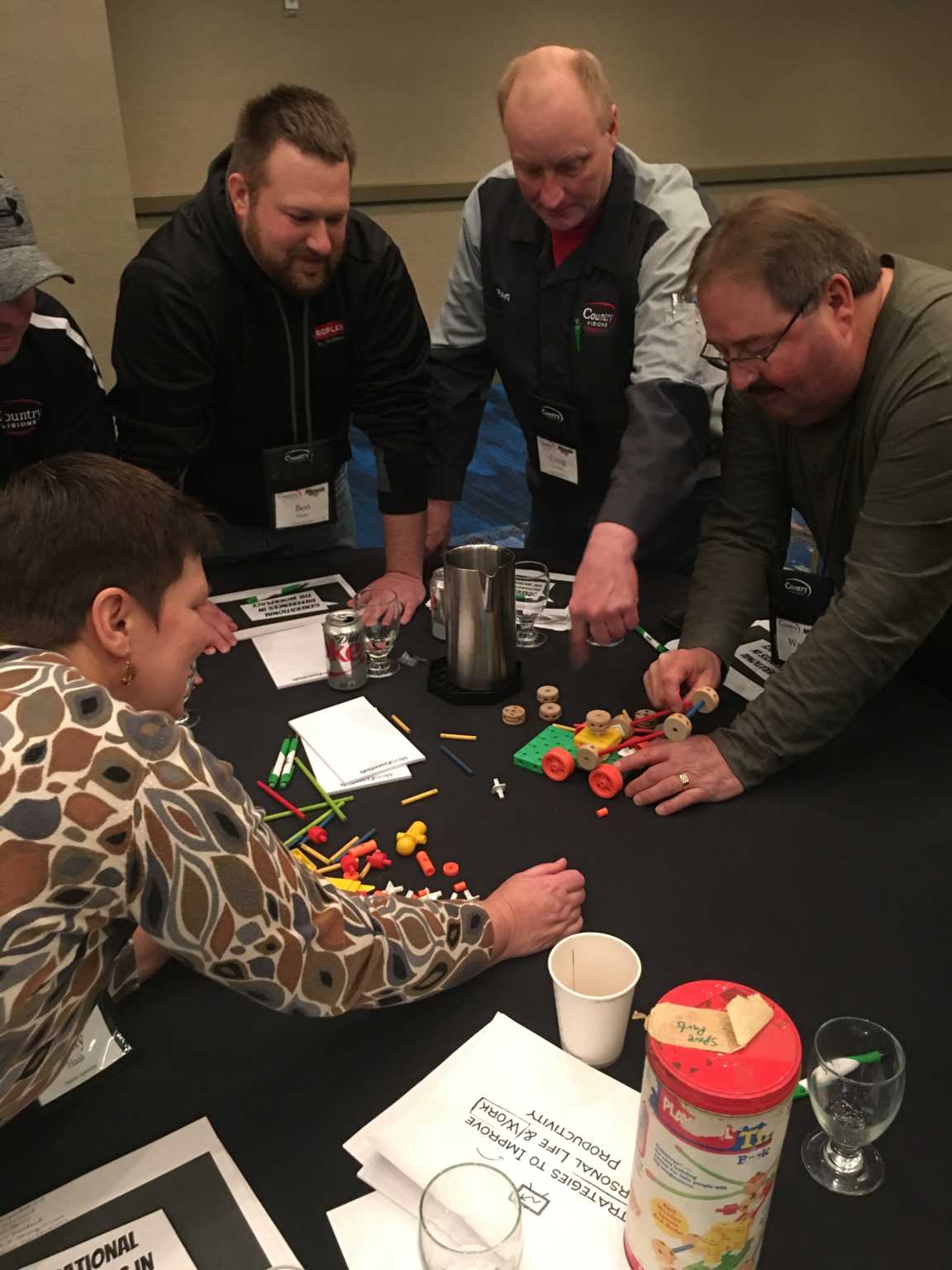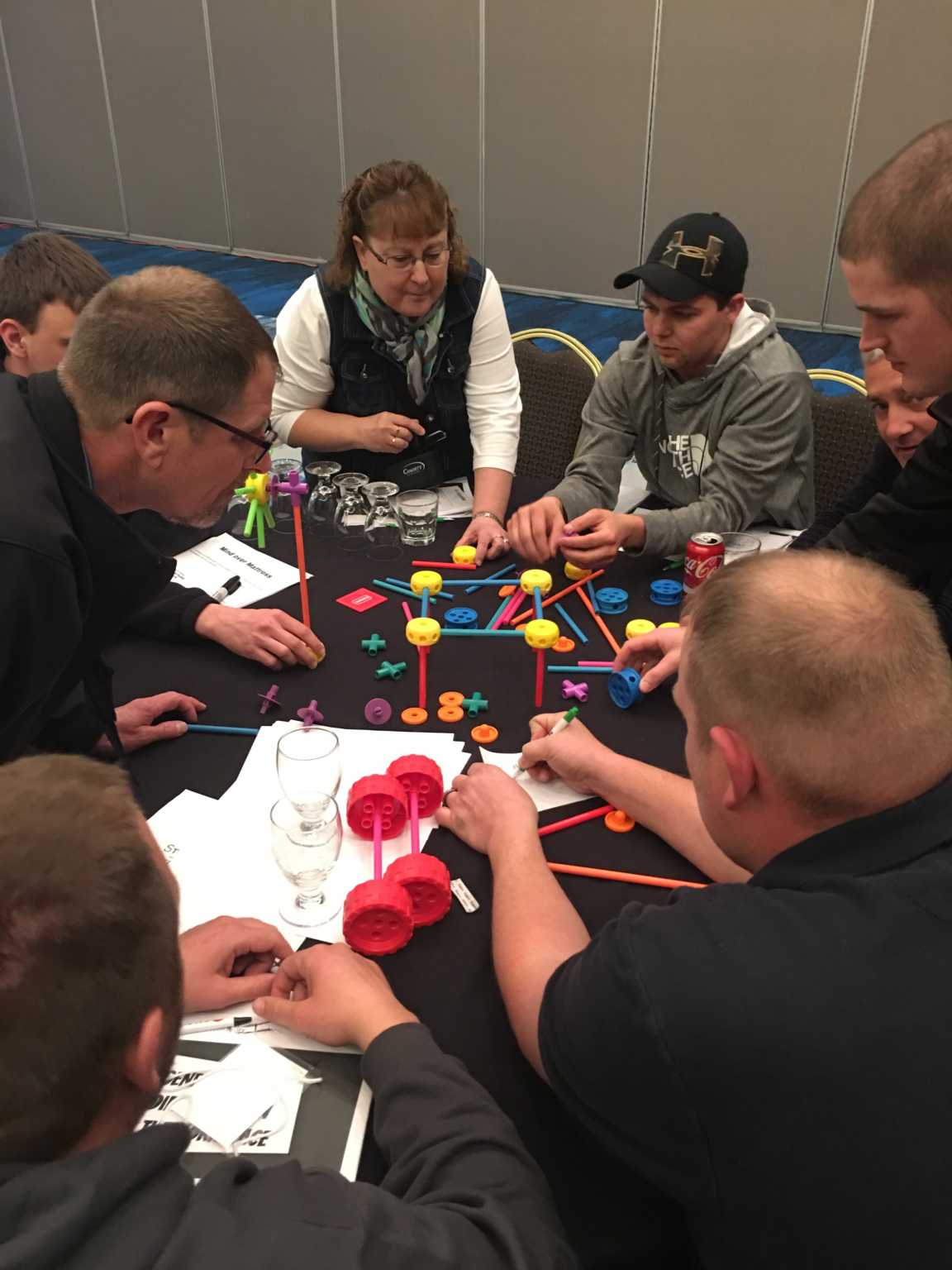Workshops
Workshops on Leadership Development
Civility in the Workplace
This workplace workshop focuses on the etiquette and respect shared in person-to-person relationships. Participants will set ground rules within the group and gain skills to treat co-workers/customers respectfully and act appropriately in the workplace.
Communicating for Success
Success depends upon our communication skills, the quality of our questions and controlling our internal critic. Successful communication is the ability to use specific skills in a manner that allows understanding in the transfer of information. This program examines team communication and provides participants with skills that will support successful information sharing. THE FOLLOWING SKILLS WILL BE TAUGHT:
Active listening skills, feedback methods, ways to ask a better question, how to control your inner critic, how to align with people, how to tap into internal communication, group dynamics, how to handle criticism and rejection and identification of roles and expectations.
Leading and Managing Change
This program provides skills to be more effective in dealing with change and once change has occurred how to positively manage it without crisis. Participants will learn the requirements of the change process, why people resist change, errors in change management and effective strategies in leading the change. Personal change strategies will also be explored, illuminating why end results can differ from what we expected. Lastly, exploration of organizational change will provide tools on managing the change process, guiding coalitions, action planning and how to anchor change within a culture.
Developing High Performance Teams
Your success as a manager depends upon your skills and ability to motivate your team. This is done by understanding their perspectives, expectations, and abilities. Participants will focus on successful strategies for motivating your team, building unity, and learning problem-solving skills. Our team will provide resources and skills throughout the training that will help you retain, motivate and guide your employees to outcomes that serve the whole team!
Transforming Workplace Conflict into Understanding
Conflicts are inevitable in any organization. Learn effective ways of addressing group and interpersonal differences by avoiding outcomes that lead to indifference, hostility or low self-esteem. Throughout this program, you will learn what a partnership is and the relationship of conflict within partnership. THE FOLLOWING SKILLS WILL BE TAUGHT:
Causes of conflict in organizations, characteristics of conflict, popular and ineffective approaches to conflict resolution, the 8 steps to conflict resolution, effective opening statements, roles and tools of effective conflict management.
Motivating and Influencing for Peak Performance
This workshop curriculum explores the skills of coaching, inspiration, motivation, and leadership. We provide insight into participants’ tendencies as leaders and coaches. There is a high degree of problem-solving and addressing the obstacles to peak performance. Participants will learn effective strategies to improve team unity, personal communication, how to positively influence problem team members and the impact of change and resistance for peak performance.
Understanding the True Colors of the Team
The understanding of perspective, culture, and background can provide an atmosphere that allows us to respond favorably to our differences. This presentation will explore your team’s diversity through experience, learning, and personal development. The activities are interactive and designed to create awareness and competency in working through perspectives and differences, which in turn allows for mutual understanding and respect.
Influential Supervision
The task of being a supervisor, how to function, react, direct, and manage employees is difficult if we do not have the necessary skills to understand our role. This program will focus on understanding employee needs and expectations. Participants will learn to overcome barriers to performance and sort through the role of a supervisor. The program teaches skills in preventive decision making, coaching, and modeling while creating awareness of different management styles. You will identify techniques that will allow you to become a better manager and benefit from positive outcomes rather than negative results!

